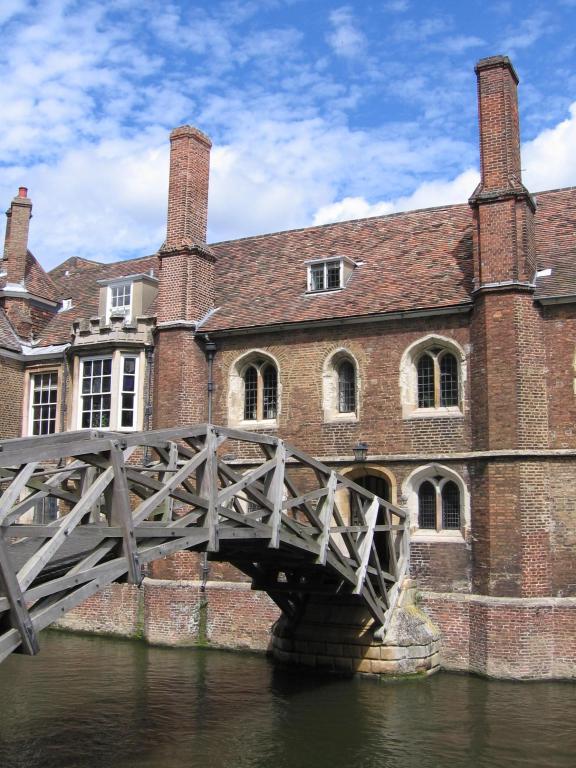
Two more passages from James Hannam, The Genesis of Science: How the Christian Middle Ages Launched the Scientific Revolution (Washington DC: Henry Regnery, 2011). Hannam earned a bachelor’s degree in physics at Oxford University and a doctorate in the history of science from the University of Cambridge, and his book his a healthy antidote to the claim that religion smothered science in medieval Europe.
[T]he most significant contribution of the natural philosophers of the Middle Ages was to make modern science even conceivable. They made science safe in a Christian context, showed how it could be useful, and constructed a worldview where it made sense. Their central belief that nature was created by God and so worthy of their attention was one that Galileo wholeheartedly endorsed. Without that awareness, modern science would simply not have happened. (342-343)
This book should lend some support to the skeptics claiming that the term “the scientific revolution” is another one of those prejudicial historical labels that explain nothing. You could call any century from the twelfth to the twentieth a revolution in science, with our own century unlikely to end the sequence. The concept of the scientific revolution does nothing more than reinforce the error that before Copernicus nothing of any significance took place at all.
Life in the Middle Ages was often short and violent. The common people were assailed by diseases they didn’t understand; exploited by a distant ruling class; and dependent on a Christian Church that rarely lived up to the ideals of its founder. It would be wrong to romanticize the period, and we should be very grateful that we do not have to live in it. But the hard life that people had to bear only makes their progress in science and many other fields all the more impressive. We should not write them off as superstitious primitives. They deserve our gratitude. (350-351)
***
Here’s an encouraging little item. I feel the thriller movies coming on already:
I’m told that some of my paternal ancestors — a hardy Scandinavian lot — developed their own ever higher tolerance for alcohol.
Next: Maybe those early Mormon pioneers in the Great Basin should have eaten the crickets themselves, instead of sitting back and letting the seagulls reap all the benefits:
“Eating crickets can be good for your gut, according to new clinical trial”
In regard to this next article, which is really fun: How does he know that I haven’t been? (Fictionally, at least.)










